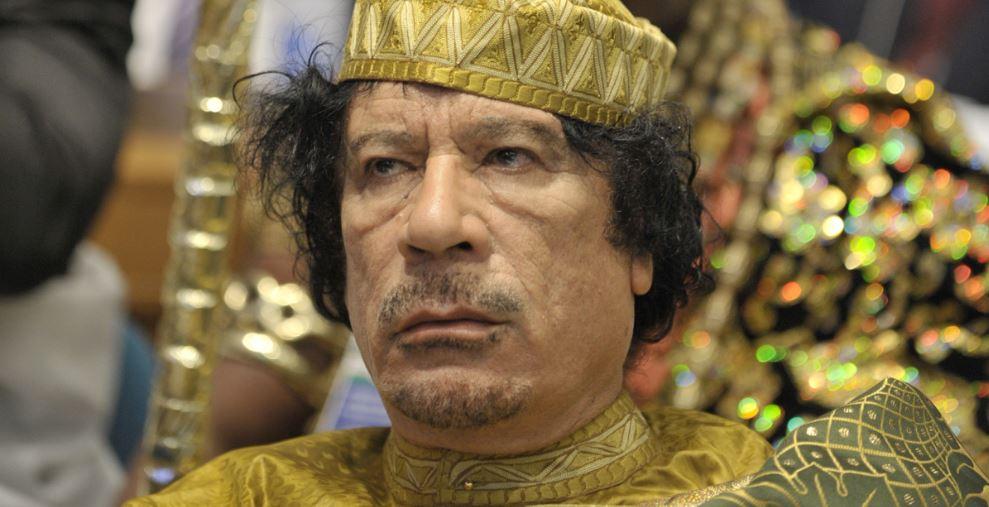On October 23, we remembered the 7th anniversary of the end of the 2011 civil war in Libya. It is remembered that NATO was ingested there and the result that had been achieved was the overthrow of Muammar Gaddafi ‘s power and the break-up of the Libyan state.
According to analyst Boris Dolgov, research director at the Centre of Arab World Studies of the Institute of Orientalism at the Russian Academy of Sciences, there is now a struggle in Libya between different political forces, including the Islamists, for the power and control of certain territories. Yet with Gaddafi, the country had known only stability, progress and peace, he said.
Life in Libya has turned into hell since the death of Gaddafi. Islamist groups and the various political forces are fighting harsh battles for control of power. The victims do not hide their regret for having lost the Libyan guide Muammar Gaddafi. Libya, which was an Eldorado for many African and Western countries, is today only a shadow of its own.
Usef Shakir, a specialist in Libyan issues in Prague, compared Libya to hell. “In the past, Libya was a stable and secure state. The state system worked with precision and was constantly developing, whereas now, for more than seven years, there has been chaos and fear in the country,” Shakir said.
And to add that the Libyan economy was almost zero. “The sale of oil has brought billions of dollars, but not a single strategic project has been made in eight years to revive the country’s economy. We see only the permanent squandering of national wealth and bloody clashes. The population has an immense number of weapons. Also, we continue to learn news about victims and injured. Libya has turned into hell,” said the political scientist.
According to Mr Dolgov, the settlement in Libya will not happen tomorrow or the day after tomorrow, or even in a year. “Anyway, we hope that Libyan society is moving in this direction,” he concluded.
The very existence of the Libyan state has been called into question since the fall of Muammar Gaddafi in 2011. Torn apart by a struggle for power, Libya is ruled by two rival entities: The Government of National Unity, resulting a UN process recognized by the international community, based in the capital, and a parallel cabinet installed in the east.
